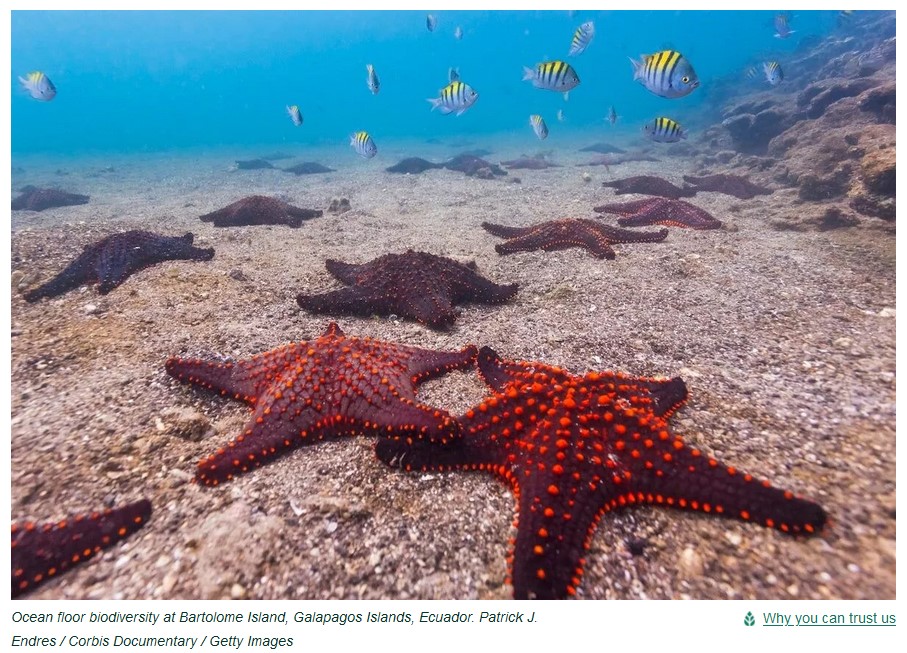
Deep-Sea Mining Could Cause 25x the Biodiversity Loss of Land-Based Mining, Report Warns

Rising demand for metals like nickel, cobalt, copper and manganese to make batteries used in smartphones and electric vehicles, along with depleting land-based deposits, has led to increased interest in deep-sea mining. But the process of extracting mineral deposits from the ocean floor could destroy habitats and decimate species. According to Planet Tracker, mining the…
Written by
Cristen Hemingway Jaynes
–
–
Originally Published in
